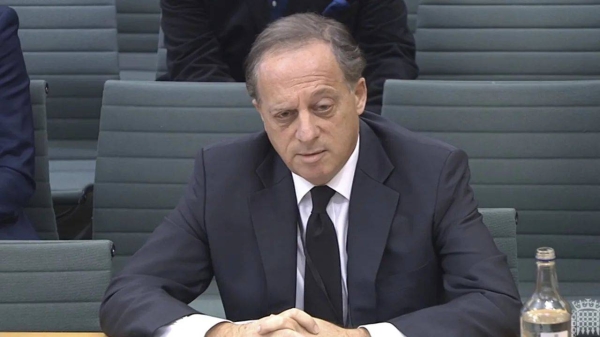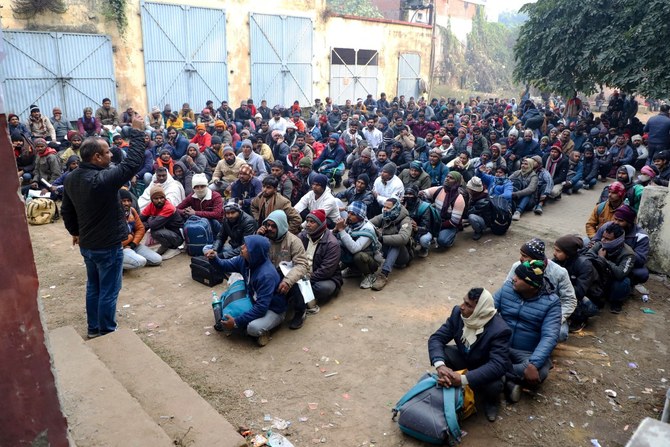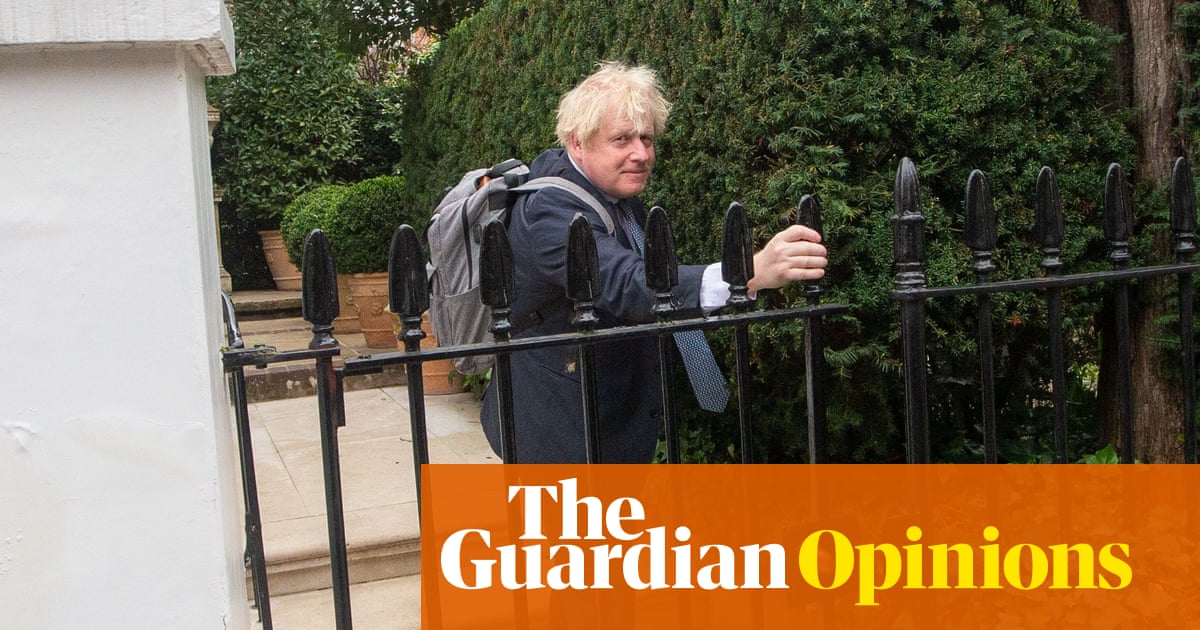
A nurse who cared for Boris Johnson when he was gravely ill with Covid-19 says she has handed in her resignation, such is her disillusionment with the “lack of respect” shown by the government for the NHS and healthcare workers.
Jenny McGee, who kept vigil by the prime minister’s bedside for two days when he was in intensive care, also revealed that his staff had later attempted to co-opt her into a “clap for the NHS” photo opportunity with him during what she thought would be a discreet thank you visit to Downing Street.
“We’re not getting the respect and now pay that we deserve. I’m just sick of it. So I’ve handed in my resignation,” said McGee, referring to the government’s proposed 1% pay rise for NHS staff, which unions have described as a “kick in the teeth”.
She was also critical of the government’s handling of the Covid crisis, adding: “Lots of nurses felt that the government hadn’t led very effectively – the indecisiveness, so many mixed messages. It was just very upsetting.”
McGee made the comments in a Channel 4 documentary to be broadcast on 24 May about the 15 months of Covid in Britain.
It coincides with the first anniversary of when the Guardian and Daily Mirror revealed Dominic Cummings’ breach of lockdown rules. The documentary pinpoints the revelation as a turning point for when the resolve and sense of togetherness that had manifested in the UK throughout the first lockdown began to fray.
McGee, a lead intensive care nurse at St Thomas’ hospital in London, described how she found the prime minister when she arrived for work: “All around him there was lots and lots of sick patients, some of whom were dying. I remember seeing him and thinking he looked very, very unwell. He was a different colour really.”
But in the documentary, The Year Britain Stopped, she told of how she felt deeply disappointed in the government’s treatment of healthcare workers – particularly over nurses’ pay.
Johnson named McGee and another nurse, Luis Pitarma, on the day he left hospital, telling the world’s media: “The reason in the end my body did start to get enough oxygen was because for every second of the night, they were watching.”
Photographs of Johnson hosting both of them in the garden of Downing Street in July were subsequently released by No 10 as the NHS marked 72 years.
McGee, who is originally from Invercargill in New Zealand, said she had been asked but declined to take part in a “clap for carers’” at the event.
“It would have been a really good photo opportunity. You know, kind of like Boris and his NHS friends, but I wanted to stay out of it. Lots of nurses felt that the government hadn’t led very effectively, the indecisiveness, so many mixed messages. It was just very upsetting,” she said.
“Yes, we have put ourselves on the line and we have worked so incredibly hard, and there’s a lot of talk about how we’re all heroes and all that sort of stuff. But at the same time, I’m just not sure if I can do it. I don’t know how much more I’ve got to give to the NHS.”
McGee recalled the situation leading up to Christmas last year – a period when the government was coming under heavy criticism for not acting sooner to impose new restrictions as data suggested that measures at the time were not limiting public mixing as much as during the March lockdown.
She described what took shape in her hospital as “a cesspool of Covid”.
“This time there was more than the first surge. The nurses are stretched even more. An absolute shitshow to be honest. At that point, I don’t know how to describe the horrendousness of what we were going through. We were desperate.”
Research carried out last year by the Royal College of Nursing (RCN) showed a sharp rise in the proportion of nursing staff considering quitting the profession, driven primarily by concerns about pay.
Nearly three-quarters (73%) of 42,000 members who responded to the survey across the UK said higher pay would make them feel more valued.
Across the NHS and independent sectors, the percentage thinking of leaving the profession increased to 36%, or more than a third, from 27% at the end of 2019. Of those thinking of leaving, 61% cited pay as a factor. Other factors cited include the way nursing staff have been treated during the pandemic (44%), low staffing levels (43%), and lack of management support (42%).
Pat Cullen, the acting general secretary and chief executive of the Royal College of Nursing, said: “Nursing staff are exhausted and burnt out after a punishing year of tackling the Covid-19 pandemic.
“To hear the government’s proposed 1% pay rise is an insult and shows how little the government listens to and respects nursing staff who have been putting their lives on the line.”
At the same time, there continued to be a steady increase in the number of people from within the UK applying to become nurses, accompanied by continued growth in the numbers of new recruits coming from other parts of the world, such as India and the Philippines. But established nurses from the EU have been leaving the UK.
Since the 2016 referendum on the UK’s membership of the EU, there was a steep (89%) decline in the number of European Economic Area (EEA) nurses entering the registry, and a 91% drop in EU and EEA applicants to join the Nursing and Midwifery register.
Labour leader Keir Starmer said on Twitter that McGee’s comments were: “A devastating indictment of Boris Johnson’s approach to the people who put their lives on the line for him and our whole country.”
In a statement released on Tuesday through Guy’s and St Thomas’ NHS foundation trust, McGee said: “After the toughest year of my nursing career, I’m taking a step back from the NHS but hope to return in the future. I’m excited to start a nursing contract in the Caribbean, before a holiday back home in New Zealand later in the year.
“I’m so proud to have worked at St Thomas’ hospital and to have been part of such a fantastic team.”
A Downing Street spokesperson said: “Our NHS staff have gone above and beyond over the past year and this government will do everything in our power to support them. We are extremely grateful for the care NHS staff have provided throughout the pandemic in particular.
“That is why they have been exempted from the public sector wide pay freeze implemented as a result of the difficult economic situation created by the pandemic.
“At the same time we have invested £30m to support staff mental health and are expanding the number of places available for domestic students at medical schools in England to continue expanding our workforce.”












